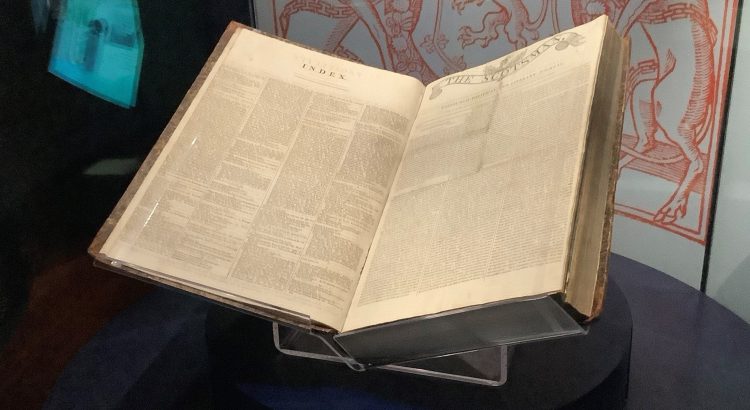The permanent and free ‘Treasures of the National Library’ exhibition at our main building in Edinburgh gives visitors the chance to see some of the most important items in our collections. We have recently refreshed the contents of the exhibition. From March 2023 you can see the first edition of Robert Burns’s ‘Poems’, printed at […]

Initial success : J. R. Hartley and other authors who use initials
In 1983 the best-known author in Britain was not a bestseller like Jeffrey Archer, Roald Dahl, or Fay Weldon but J.R. Hartley the author of “Fly fishing”. The book was featured in an advert promoting the Yellow Pages telephone directory. “Fly fishing” was the object of a quest round second-hand bookshops by an elderly gentleman. […]
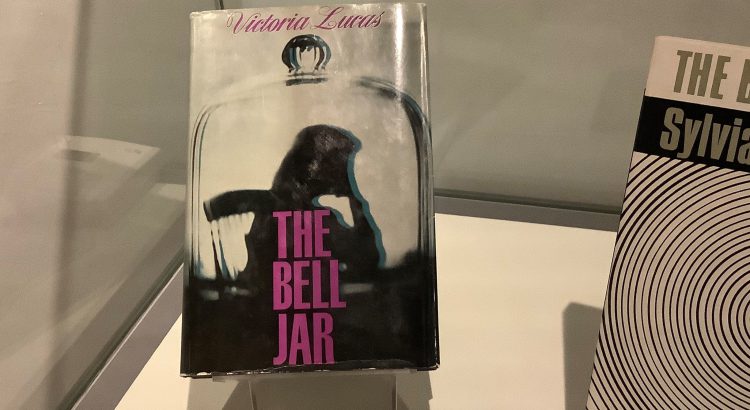
Sylvia Plath’s “The Bell Jar” was originally published under a pen name
It is just over sixty years since the death of Sylvia Plath on February 11, 1963 at the age of thirty. Less than a month earlier she had published the novel ‘The Bell Jar’ under the pen name Victoria Lucas. This rare edition, the initial print run was only 2000 copies, is currently being exhibited […]
‘Razor cuts’ from the Aberdeen New Shaver
We have recently published images of some early Scottish newspapers on our Digital Gallery, ‘Scotland’s News’, including the short-lived scandal sheet the Aberdeen new shaver
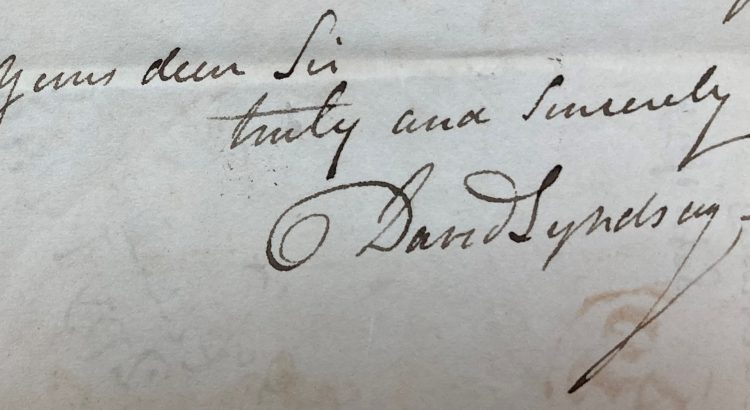
“I am always uncertain whether or not I see a real or an assumed signature”: David Lyndsay, Mary Diana Dods and Walter Sholto Douglas
David Lyndsay was the pseudonym of the author born Mary Diana Dods, and who from 1827 lived as Walter Sholto Douglas. Details about their life are patchy. It was the researcher Betty T. Bennett, editor of Mary Shelley’s letters who first made the connection between Dods, Lyndsay and Douglas in the 1980s. Bennett’s research at […]
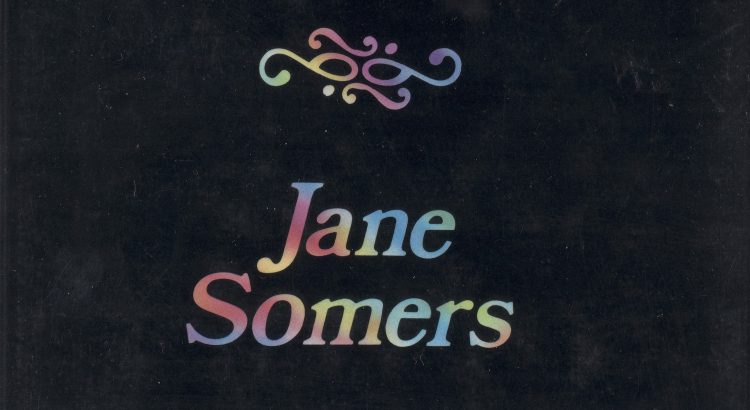
Pen Names: Doris Lessing to Jane Somers
When you ask yourself why a writer might choose to use a pen name, what springs to mind? Perhaps you think of the famous female writers of the nineteenth century, like the Brontë sisters, for whom publishing under their real names would have risked not being published at all. Or you think of it as […]
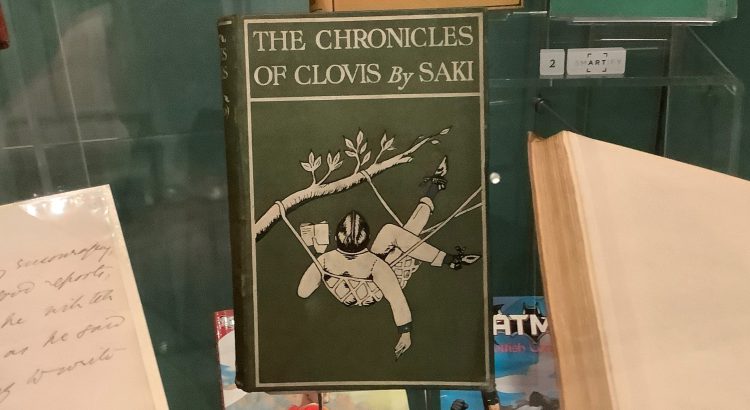
“Mark” a short story by Saki
Our blog generally features short pieces on the Library’s collections and associated activities but as it is the holiday season we thought we would post a very short story. The story and its author are featured in our current exhibition “Pen names” which explores authors who publish books under assumed names. The author of the […]
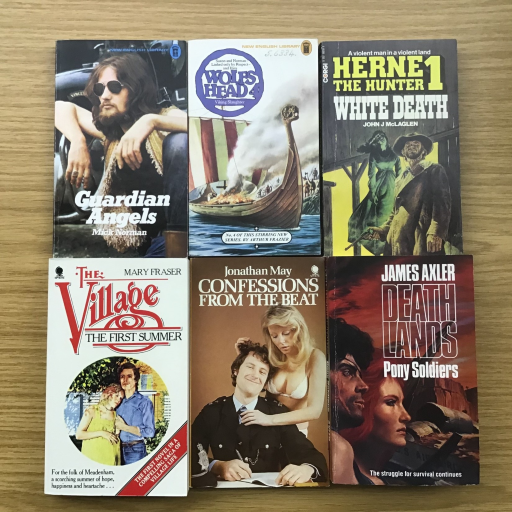
The many names of Laurence James
The National Library of Scotland is a Legal Deposit library, which means we build our collections by requesting a copy of every book published in the UK and Ireland. Thanks to Legal Deposit the Library is home to probably the largest collection of popular fiction in Scotland. If you are interested in crime, romance, westerns, […]
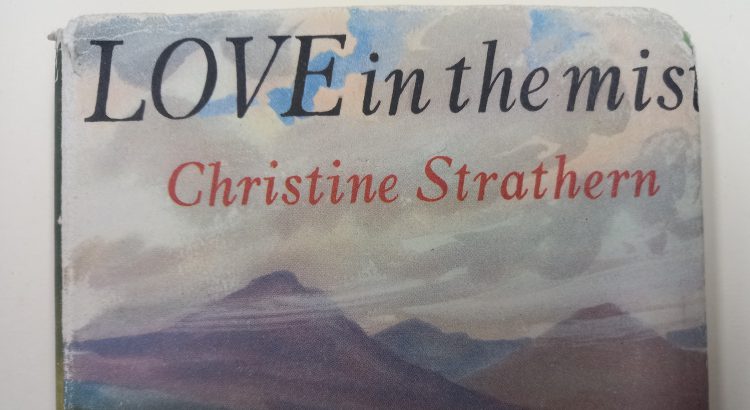
“Christine Strathern imbues this romantic story with all her own abiding love for her native Scotland”
The Scottish author Nancy Brysson Morrison (1903-1986) is chiefly remembered today for her novel ‘The Gowk Storm’ a story about three daughters of a Scottish church minister. First published in 1933, the book was reissued as part of the Canongate Classics series in 1988. Morrison’s first two books were published by John Murray and the […]
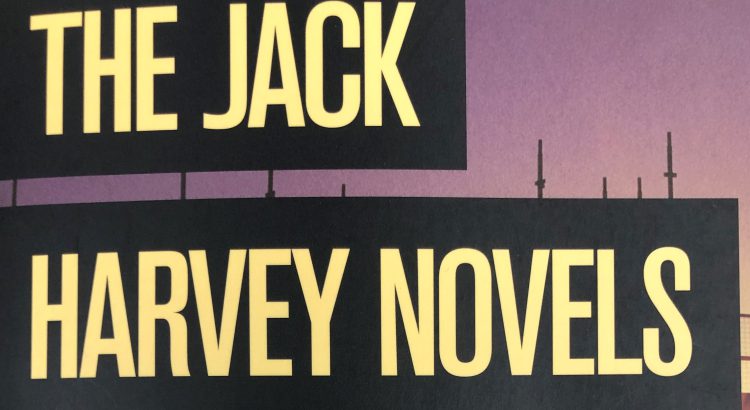
Ian Rankin and the Missing Person Case of Jack Harvey
In 1993, the novel ‘Witch Hunt’ appeared in bookshops. But who was the author, Jack Harvey, seemingly a first-time novelist? Given his now familiar status as the biggest-selling contemporary writer of crime fiction in the UK it is hardly a secret. But at the time this was not an easy mystery to solve. Harvey was […]
